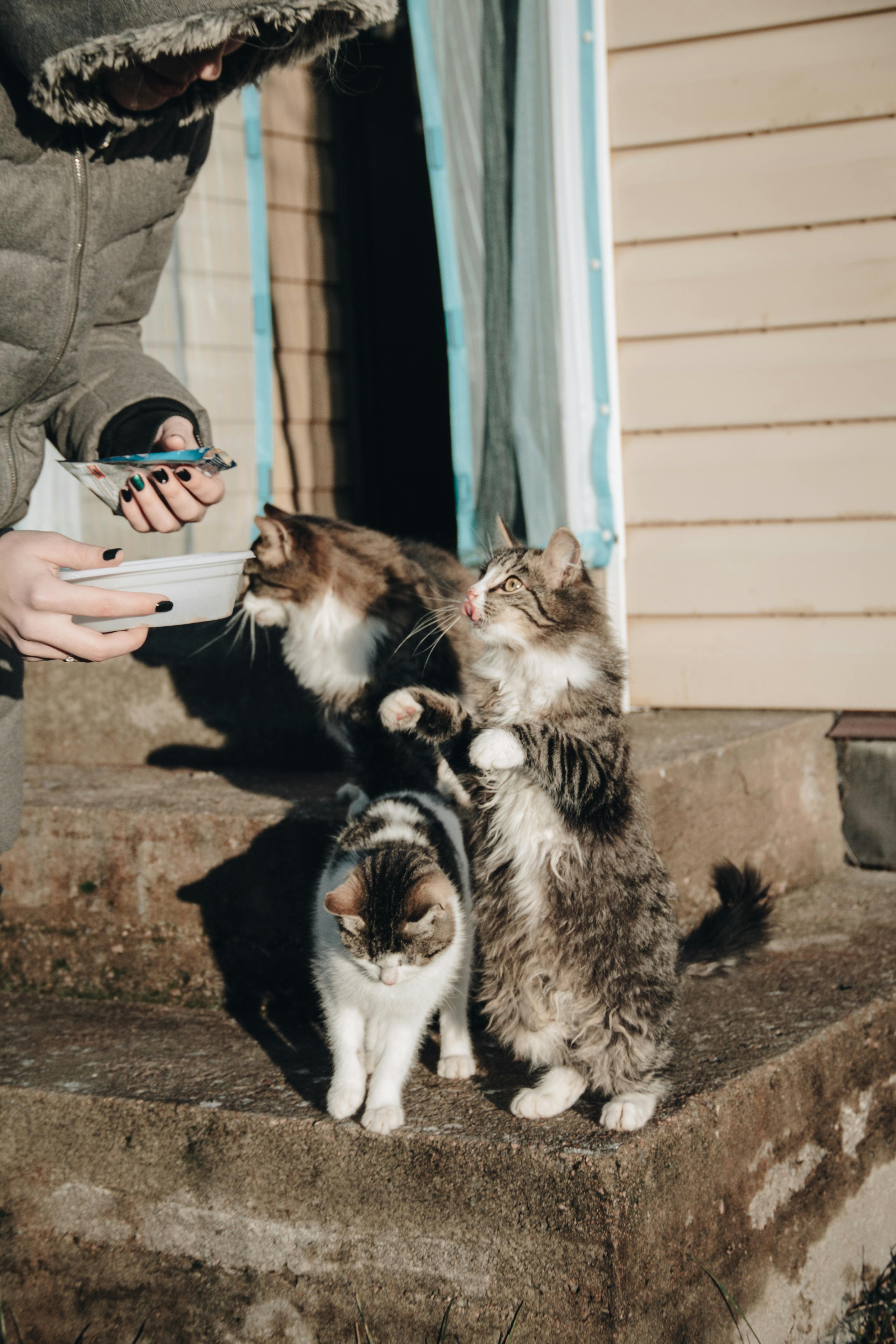Choosing the Right Food for Your Senior Cat

Choosing the Right Food for Your Senior Cat
As our feline friends enter their senior years, their nutritional needs shift substantially. It's crucial to select a diet that supports their changing health requirements. This post will guide you through the primary considerations when choosing the right food for a senior cat, ensuring that your aging pet continues to thrive.
Understanding a Senior Cat’s Nutritional Needs
As cats age, they typically become less active and their metabolism slows down. They may face common age-related issues such as kidney disease, dental problems, or decreased liver function. Senior cats also require fewer calories but more of certain nutrients like proteins and fibers. It's essential to provide a diet that is highly digestible and helps maintain their weight and muscle mass without overburdening their organs.
Key Nutrients for Senior Cats
When selecting food for your senior cat, look for the following key nutrients:
- Protein: High-quality protein is necessary to help maintain lean muscle mass. However, the protein source should be easily digestible to avoid putting strain on the kidneys.
- Fiber: Adequate fiber levels help maintain bowel health and contribute to better digestion, which is vital for older cats that may struggle with constipation.
- Fatty acids: Omega-3 and omega-6 fatty acids are essential to manage inflammation and maintain healthy skin and coat.
- Vitamins and minerals: Specific vitamins and minerals, such as vitamin E, vitamin C, and B vitamins, support immune function and overall health. Meanwhile, adjusted phosphorus levels can help protect kidney health.
Special Dietary Considerations
Many senior cats develop chronic health conditions that necessitate particular dietary adjustments:
- If your cat suffers from kidney disease, a diet low in phosphorus and protein but rich in omega-3 fatty acids may be recommended.
- For cats with dental issues, softer food types or kibble designed to minimize plaque and bacteria might be beneficial.
- Cats with constipation can benefit from food including a mix of soluble and insoluble fibers.
Always consult with your veterinarian to discuss specific dietary requirements based on your cat’s health profile.
Wet Food vs. Dry Food
Senior cats often prefer wet food because it's easier to chew and helps increase their water intake, which is beneficial for kidney function and overall hydration. However, if your cat prefers dry food, make sure it's formulated for seniors and possibly moisten it to aid digestion.
Transitioning Your Cat’s Diet Smoothly
When changing your senior cat's diet, do so gradually. Start by mixing a small amount of the new food with the old one and slowly increase the proportion over a week or more. This transition helps reduce digestive upset and increases the likelihood that your cat will accept the new food.
Final Thoughts
Choosing the right food for your senior cat involves considering their overall health, specific nutritional needs, and preferences. By carefully selecting appropriate food and consulting with your veterinarian, you can help your senior cat enjoy a healthy and comfortable life in their golden years.